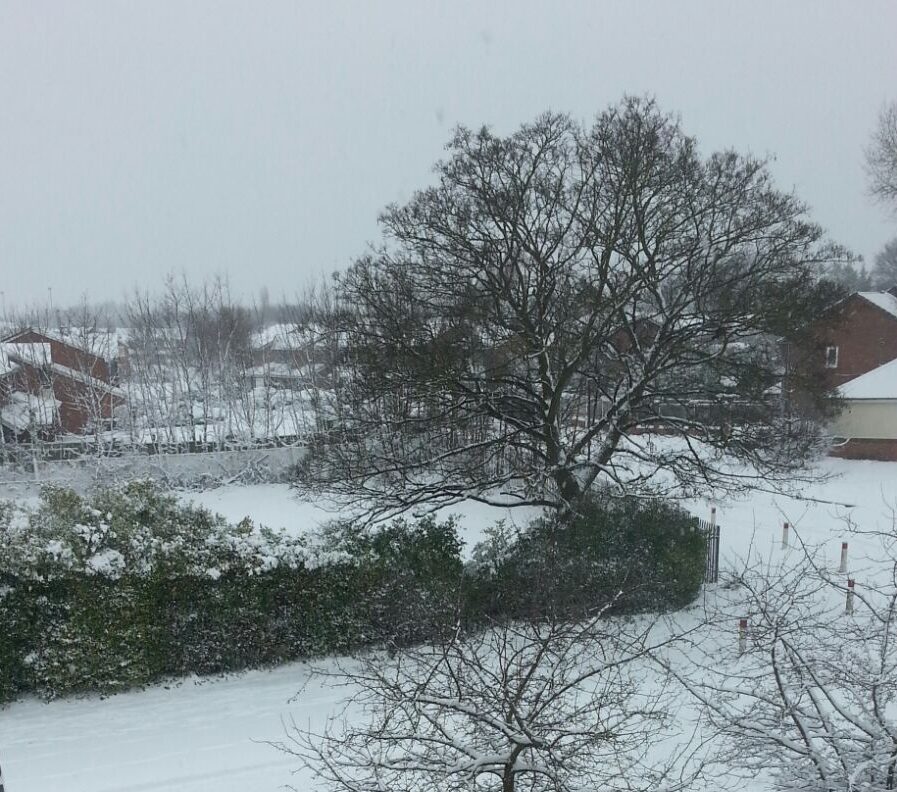Learn More At Our Blog
American Moral Injury & World War Three
by Albert Tarn III
11 Septbember 2021
I remember 2001 well - it was the first harvest in Afghanistan sufficient to feed everyone during the lives of those then living. This was accomplished by the "Students" (Taliban) when they banned poppy production. However, this really upset CIA whose drug trafficking funds their covert operations (they do not rely upon U.S. taxpayers for that). Immediately Bush flew a dozen of the "Students" leadership to Texas for a pow-wow. Despite seeing the many U.S. air bases there, the "Students" refused to grow poppies again. Hence, the stitch job falsely associating Afghanis with the 9/11 tragedies. The U.S.-led invasion and occupation of Kabul ensured record poppy harvests outside Kabul for the next 20 years - each annual harvest out-producing the previous harvest - when the "Students" began growing poppies to sell for arms to fight their resistance from exile in Pakistan (much like Charles DeGaulle resisted the Nazis from London).
Today, the lives of the Afghani people are worse than they were 20 years ago — the harvest of 2001 was the last time Afghanistan grew enough food to feed everyone, thanks to the Students (Taliban) who had banned poppies in the year 2000 (but upset CIA who depends on that to fund its covert operations). Hence, the stitch job Afghanistan continues to suffer despite playing no role in the 9/11 tragedies ( http://unitedforpeace.org/downloads/Michael%20McPhearson%20on%20Afg.pdf )
The US spent two trillion dollars on the 20-year-long occupation of Kabul in Afghanistan, where less than 2% went to their Vichy-styled puppet regime in Kabul. Casualties as of April 2021 included 50,000 civilians, aid workers, and journalists in addition to nearly 70,000 Vichy-styled Kabul puppet regime soldiers, 2,445 US troops, and thousands wounded. Nearly $100 billion was spent on training the 300,000 Vichy-styled Kabul soldiers and the huge amount of military equipment that is now left uselessly in the hands of the Students (Taliban), who have grudgingly inherited the latest high tech-dependent weaponry, including over 100 aircraft, and placed them for sale on E-Bay, according to an AP Report. Further, 3 million became refugees, 4 million have been internally displaced, and countless others have suffered indignity, impoverishment, unemployment, rape, trauma and corruption.
Following the total liberation of the country by the Students (Taliban), what can be done to improve the humanitarian condition of Afghani society, especially for women, children, the elderly, minorities, the wounded and others left crippled by two decades of CIA poppies and U.S. drone bombings? Can mass media-duped humanitarians eschew information warfare (IW) to demand an end to CIA drugs in Afghanistan and put in place a humanitarian approach instead? If we countenance the insight of the late Professor Ortega y Gasset from the University of Madrid, that is quite unlikely —“we don’t know what’s happening, and that’s precisely what’s happening”.
